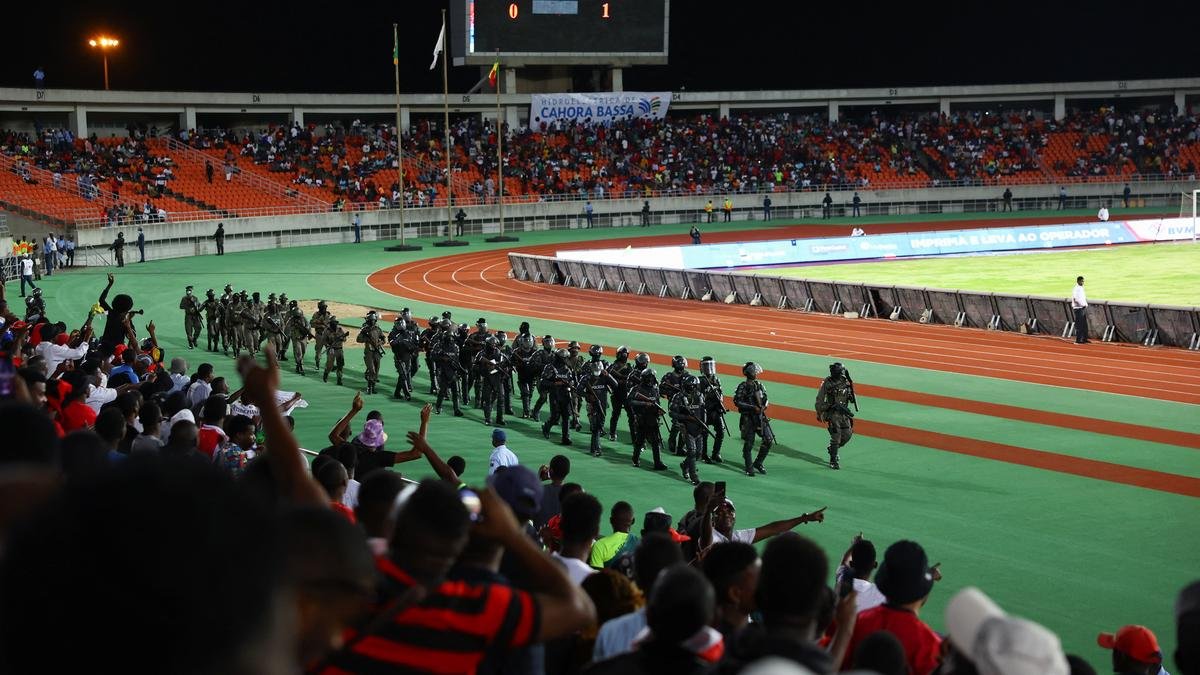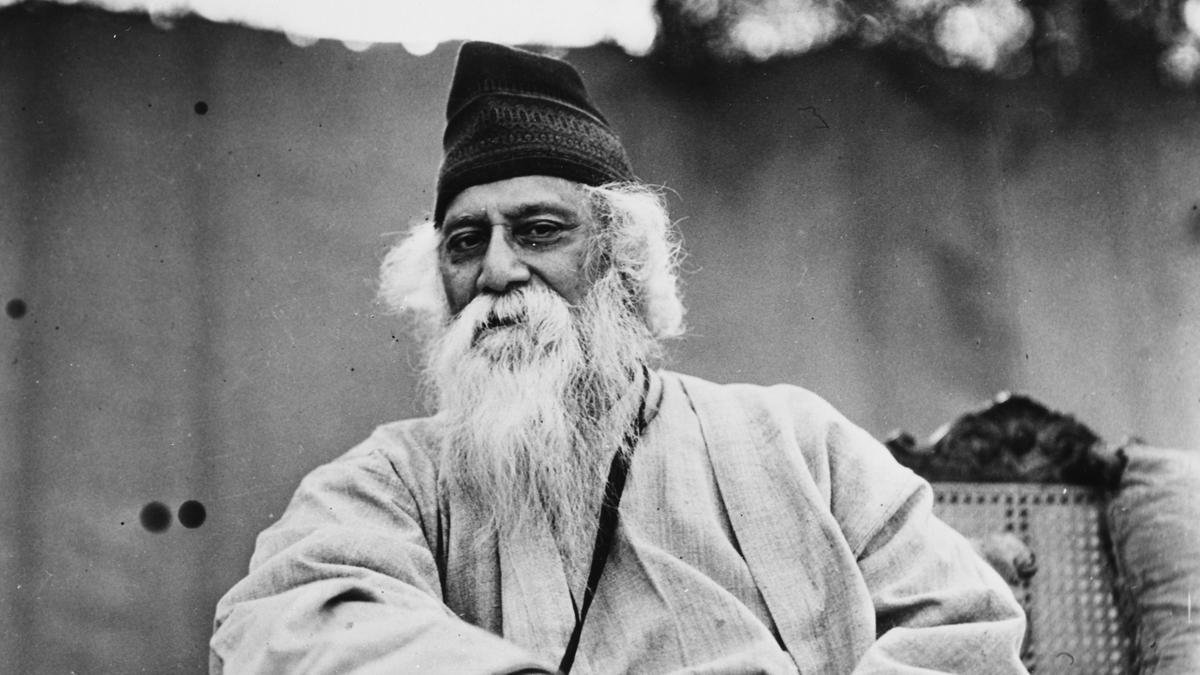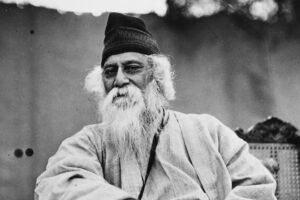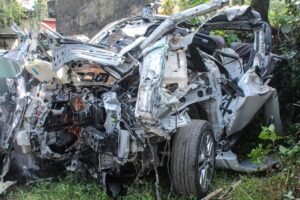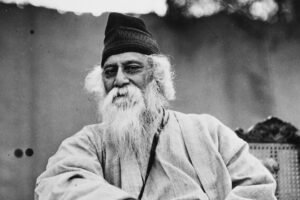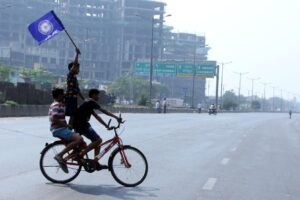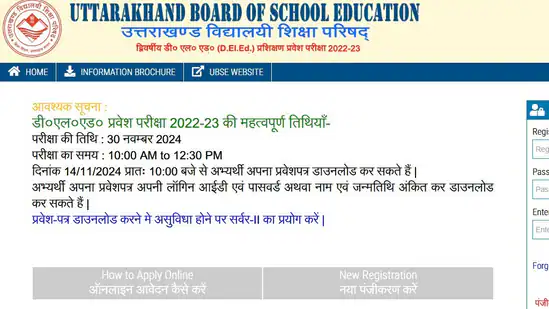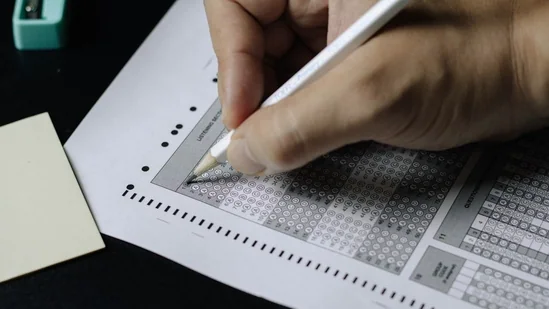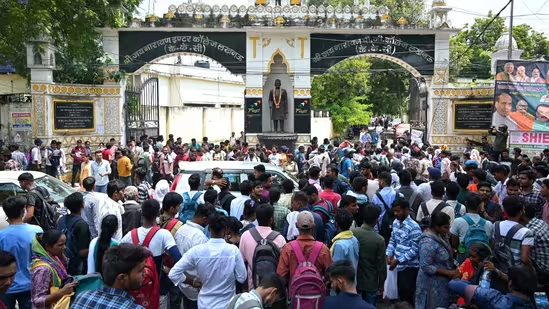JNU cancels seminars by Palestine, Lebanon and Iran envoys
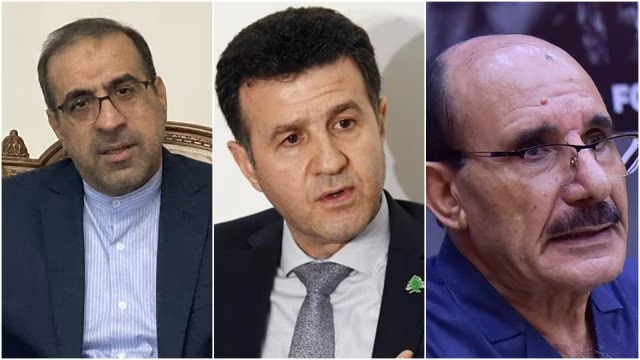
The Indian Express was informed by sources from the Iranian and Lebanese Embassies that the university made the decision to cancel the events, and they were not privy to the reasons. Despite attempts via text messages and phone calls, the Palestinian Embassy remained unresponsive.
Regrettably, three scheduled seminars at the Centre for West Asian Studies in Jawaharlal Nehru University discussing the current conflict in West Asia, each featuring presentations by the Iranian, Palestinian, and Lebanese Ambassadors to India, have been called off citing “unforeseen circumstances”.
Just a few hours prior to the scheduled seminar where Dr. Iraj Elahi, the Iranian Ambassador, was to speak on “How Iran perceives the recent occurrences in West Asia” at 11 am, Sima Baidya, the coordinator of the event, informed students via email at 8:09 am that the seminar had been called off.
Baidya, in the email, additionally stated the scrapping of the November 7 event about the unrest in Palestine featuring a talk by Palestinian Ambassador Adnan Abu Al-Haija, and the November 14 discussion on Lebanon’s current state with Lebanese Ambassador Dr. Rabie Narsh as the keynote speaker.
According to officials from the Iranian and Lebanese Embassies who spoke to The Indian Express, the university made the decision to cancel the events, and they were not informed of the rationale behind it. Text messages and phone calls to the Palestinian Embassy went unanswered.
The cancellations of the seminars were reportedly linked to apprehensions expressed by senior faculty members at the School of International Studies (SIS), where the Centre for West Asian Studies is situated. These concerns were mainly centered around the possibility of stirring up protests on campus due to the contentious nature of the topics to be discussed.
A university official mentioned that the intention behind organizing these seminars is to understand the viewpoints of West Asian nations in light of the present geopolitical situation. Nevertheless, there were apprehensions regarding the potential reaction of the campus community.
In a recent communication addressed to the chairpersons of all SIS Centres, Dean Amitabh Mattoo emphasized the importance of maintaining a considerate approach in the current global environment. He urged the recipients to consult with the Dean prior to extending invitations to diplomats for any public functions at the School. Additionally, he emphasized the need for all faculty members to channel their initiatives through the appropriate channels. The communication also highlighted the significance of upholding protocol standards, particularly for visitors at the Ambassadorial level. It underscored SIS’s commitment to upholding academic freedom and excellence, while safeguarding its platforms from potential exploitation by vested interests.
Mattoo, when approached for a statement, referred questions to Sameena Hameed, the Chairperson of the Centre for West Asian Studies. Hameed clarified that the seminar involving the Iranian Ambassador was delayed on Wednesday and that the Centre had not officially fixed dates for the other two seminars.
She mentioned that the seminars featuring the Palestinian Ambassador and the Lebanese Ambassador were not part of the Centre’s official schedule. Regarding the seminar planned with the Iranian Ambassador for today, it was decided to postpone it as it was arranged hastily, making it challenging to adhere to the necessary protocols for hosting the Ambassador. It is possible that there was a breakdown in communication at some point.

